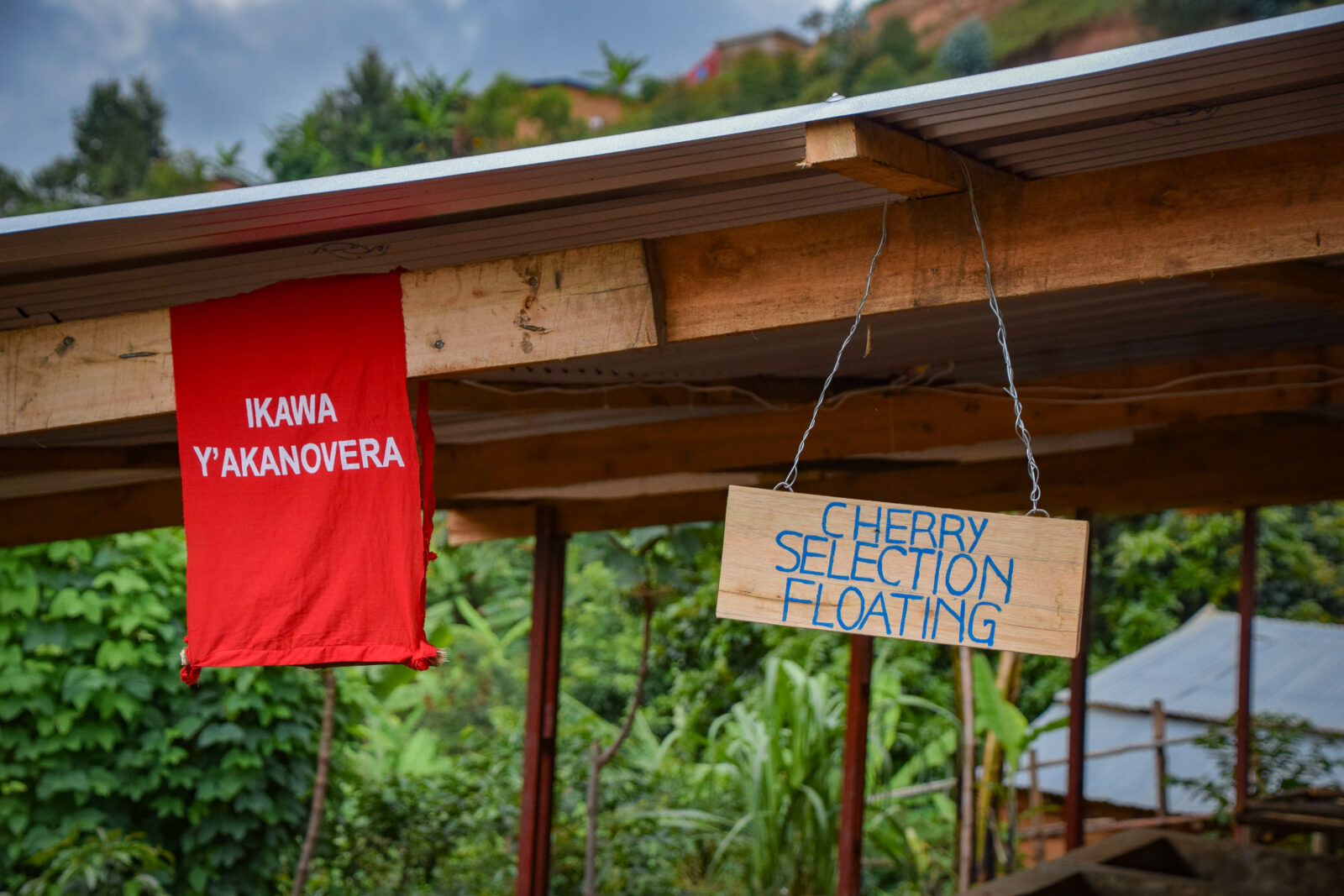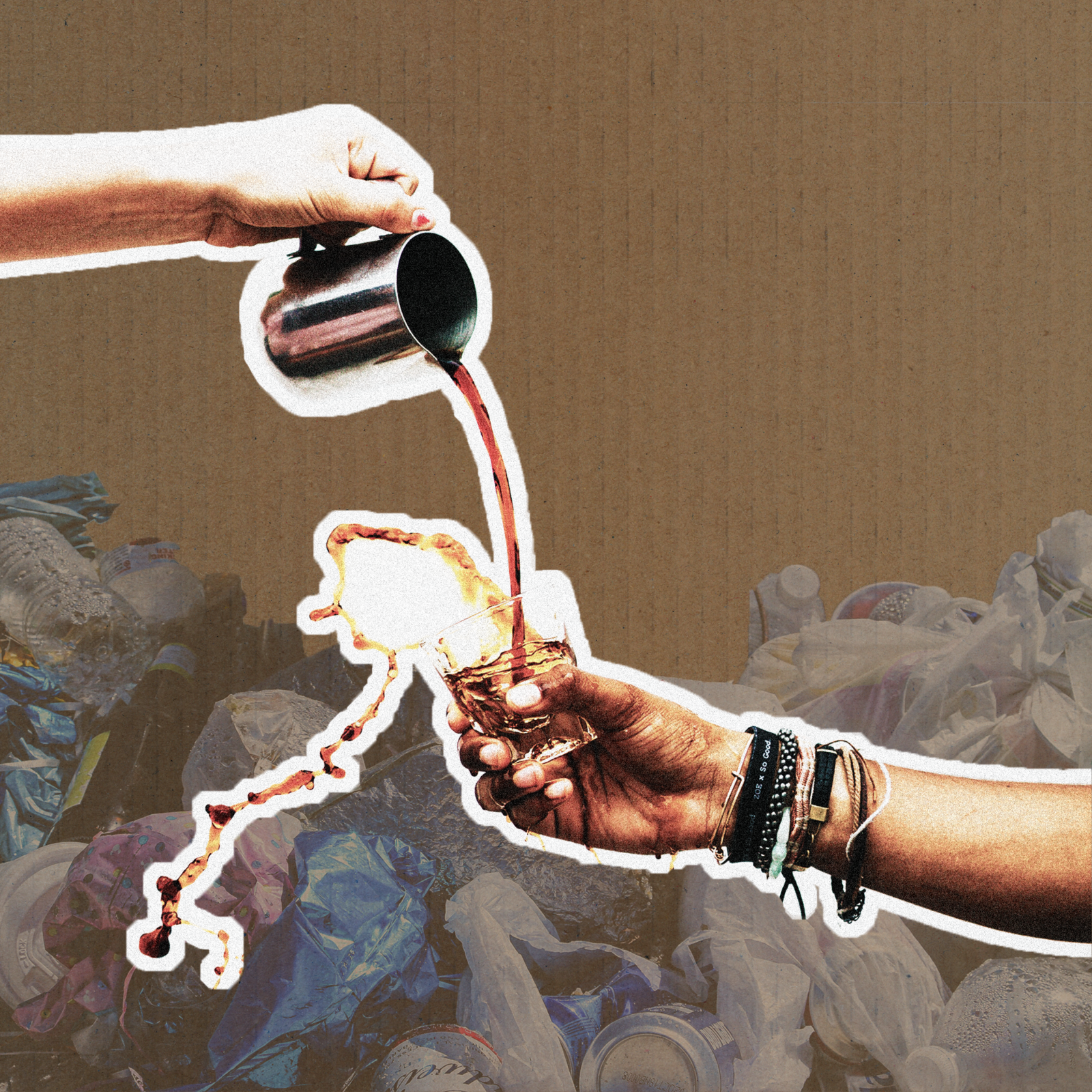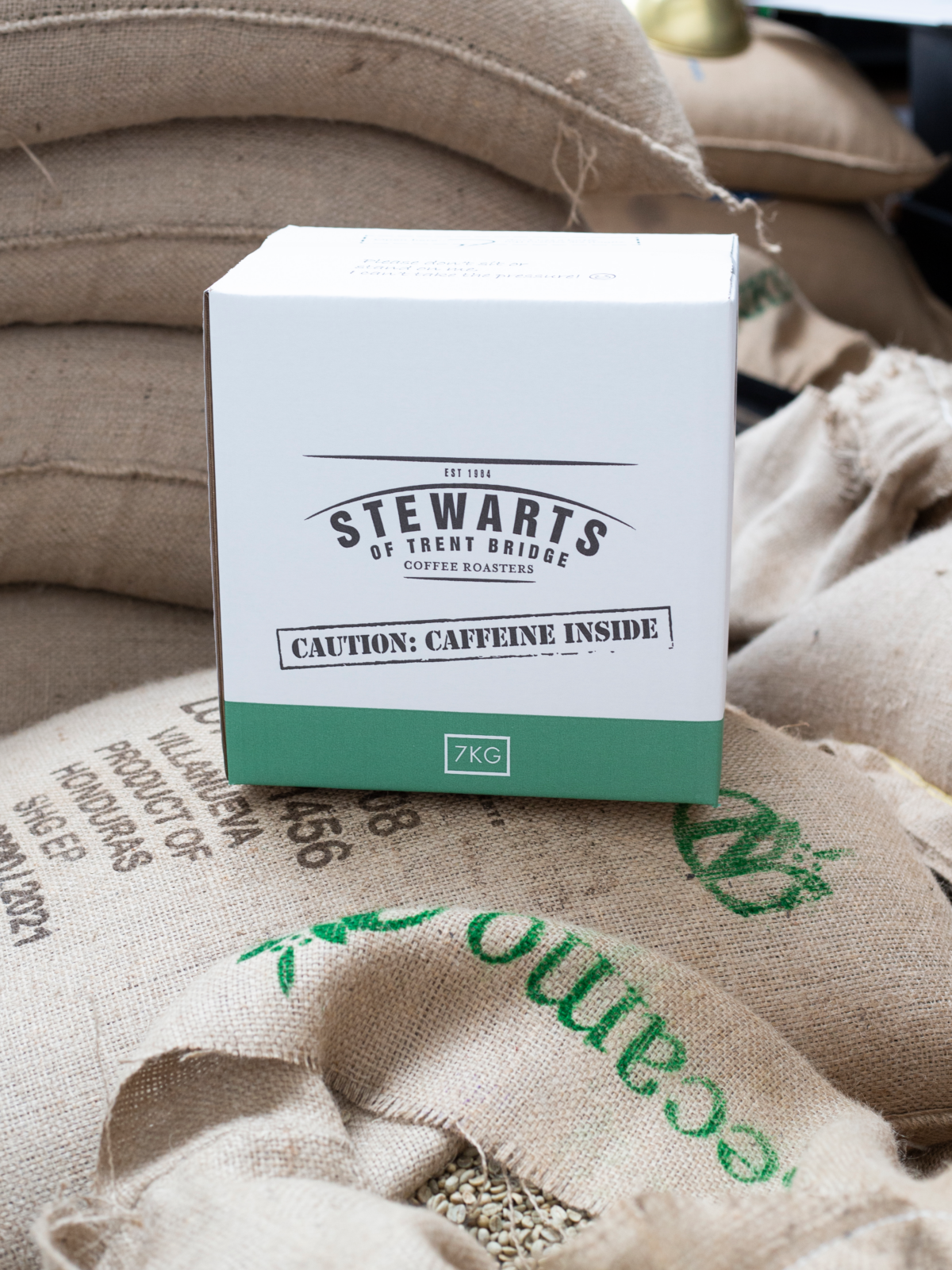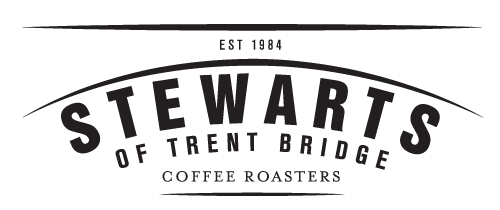
We all love a cup of coffee. You wouldn’t be here reading this if you didn’t, would you? Whether you like it dark and smoky, or light and fruity, I think we can all agree that coffee is an integral part of our daily rituals. It certainly is for us here at Stewarts.
With our global population growing exponentially, the demand for coffee is ever expanding; allowing the industry to be dominated by huge, multinational companies whose main priorities are efficiency and profit. These priorities don’t come without their ugly side; with forced labor and slavery rife in the industry, as well as damaging environmental practices being regarded as the ‘norm’. We fundamentally disagree with this ethos. We believe that quality coffee is not only reflected in its taste, but in the entire process from coffee cherry, to your cup.
So, what you want to know is how you can make your coffee consumption a little bit more people and planet friendly… Well dear reader, we have some tips.

Traceability is key!
We are lucky to work with a number of specialist coffee importers, allowing us access to incredible beans from all corners of the globe. We value traceability, and are committed to making sure that we know the whole story of our coffee. When purchasing we make sure we know where the beans came from, who cultivated them, and what their local community is like. We try as best we can to share this information with you, and give credit to all the wonderful people that played a part in your morning brew.
Don’t be a sucker for stickers.
Some of our beans are fair trade and organic certified (see our Fair Trade Organic blend) , however, we are aware that not every producer can afford the certification. We focus our attention on smallholdings and farms that produce a high quality product, treat their staff in a fair manner and benefit their local community. It all comes back to traceability, if you know the story of your beans they’re most likely to be a good bunch.
Waste not want not!
The sorry state of our planet has been weighing on everyone’s conscience for the past few years. As part of our dedication to ethical practices, we make sure to limit our impact on the environment as much as we can… We have fitted our trusty old roaster (no not Richard, the machine) with a vortex, which uses a fine spray of water to reduce emissions, and saves our neighbours on Sneinton Market an awful lot of smoke in their eyes.
We donate our coffee grounds to local charity garden projects, for use as compost and to act as a natural, pesticide free slug repellent… A handy tip for the green fingered caffeine addicts among us.
The use of harsh environmentally harmful chemicals is a big no no for us. Our Swiss Water decaf uses water, temperature and time to gently, yet effectively remove caffeine. This approach makes sure to maintain the coffee’s unique origin flavour, aroma and characteristics, preserving the best of the bean.
We have recently upgraded our wholesale approach, saying goodbye to the trusty reusable tins we once used to deliver high volumes of beans to local coffee wholesalers… Abandoning reusable tins?! You read that right. We replaced these tins with fully recyclable boxes, which allow us to ship the same quantity of beans nationwide, awarding more commercial customers access to our waste reducing strategies!
Not a commercial customer? Don’t fret, our regular packaging is as green as possible (figuratively, not literally) with our 250g, 500g and 1kg bags all being recyclable.

In Conclusion.
Naturally we’re here to convince you that shopping with Stewart’s is the best choice in calming your guilty coffee conscious… but we might be a little biassed.
The key to truly ethical coffee is to shop small, shop local and shop speciality, whether that be with us, or another artisan roaster with blends that tickle your taste buds. Although we don’t think you can beat our Sunset Espresso blend.
Make sure you research your beans. Use your custom to address the root cause of issues in the coffee industry. Hold your coffee producer accountable for the wellbeing of people and our planet, and whatever you do, avoid supermarket instant coffee at all costs.

